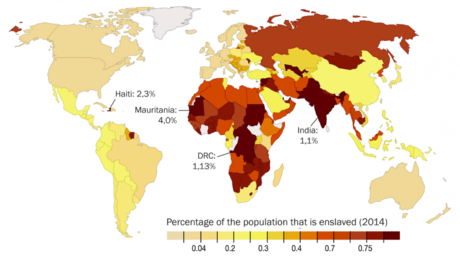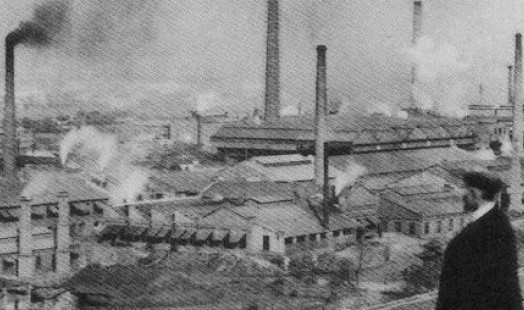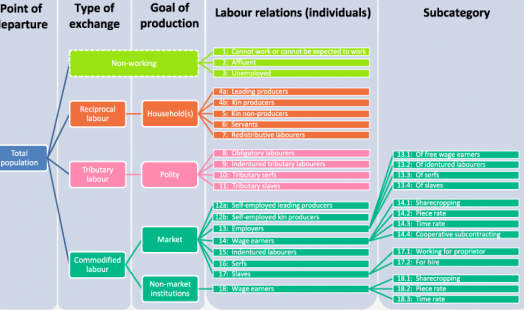Global Economic Developments and its Consequences for Labour
In this project cluster the IISH studies several aspects of globalization through four themes:
- Economic Developments
- Commodity Frontiers and Commodity Chains
- The Spread of Forced Labour and Slavery
- Precarization.









